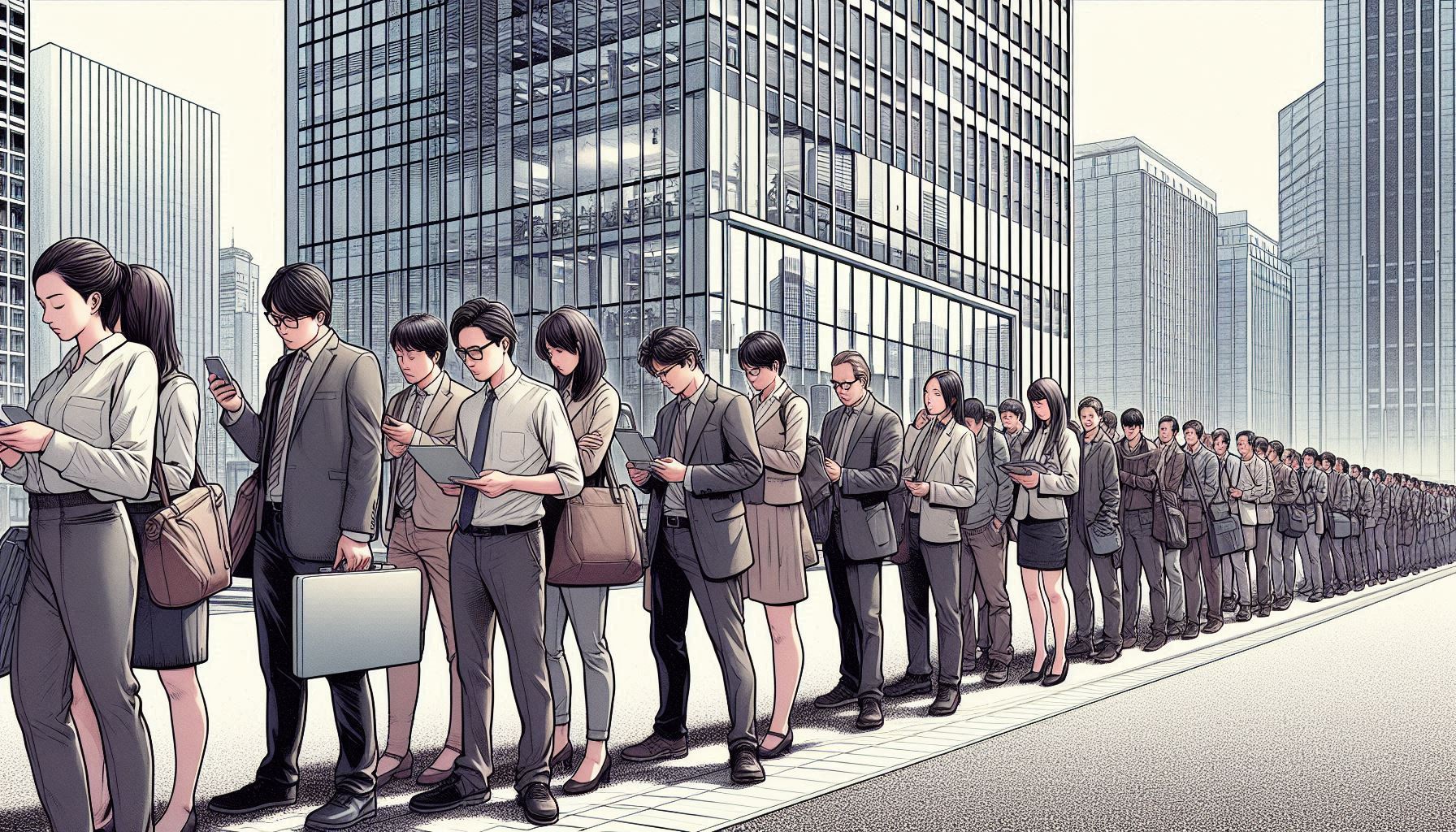At least 28% of British employees are hybrid workers1 and many more could be. We apologise to the 60% or so of the working population who have no personal interest in the discussions about return to office and hybrid working.
Most return to work in the office (RTO) policies are simply the visible outcomes of repeated failures of leadership.

There is nothing inherently wrong with working in an office and companies have every right (within legal limits) to arrange their activities in the way management thinks is best. Equally, employees have every right to reject working for companies that doesn’t work for them.
My issue with RTO is that most of it is just lazy leadership.
“Come to the office to keep our culture strong,” they say.
“Come to the office and you will learn more,” they say.
“Come to the office and you will be more productive,” they say.
“Come to the office and you will build strong networks,” they say.
This puts so much down to chance rather than intention.
Culture emerging by the invisible, random force of office osmosis was, is, and will remain, a terrible idea and a failure of leadership.
Good leaders are deliberate about developing the company’s culture. They see it as a core part of their job. Relying on chance is a failure of leadership. The office doesn’t make culture, people do.
Some skills are best acquired through direct, hands-on experience, much like apprenticeships. If your organisation has structured on-the-job learning led by experienced professionals guided by a deliberate development programme: good for you. And for your staff. Some jobs need to be done in specific locations.
But for the average knowledge worker hotdesking in a noisy open plan office, there is no apprenticeship and minimal structure to their learning. They just have to hope that they bump into the right person at the right time; hope that they can learn and connect; hope that someone, anyone, will coach and mentor them.
Learning by serendipity is no way to develop staff. Your most important job as a leader is to help your people grow. Learning and development is not something an underfunded, unloved department in HR does. It’s your job. Leaving it to chance means you are failing.
As for productivity – even if we limit it to productivity for the company, ignoring all of our other commitments and how some workers find it easier to juggle their responsibilities as carers, find time for their families, or manage their neurodiversity when working from home – for knowledge workers the busy open plan office is a terrible place for any sort of deep work.
These workers may be more busy in the office, but they are unlikely to be more productive.
Running your business on busyness instead of true productivity is an abject failure of leadership. It is not the office versus remote working that’s the problem. It’s you.
By all means get everyone back to the office. Or go hybrid. Or fully remote. Whatever. Work on Mars if you want. Just don’t be lazy and think that any one of these choices will somehow magically fix your culture, your learning, your productivity, or any other issue.
Effective leadership is proactive and intentional, not lazily reliant on outdated norms.
- Good leaders intentionally develop company culture and skills through structured programs, not by relying on random office interactions. If you are in the office, how are you intentionally going to use the office to develop culture; if working flexible, how will you intentionally use that flexibility to grow your culture?
- For knowledge workers, learning and productivity are not automatically improved in noisy, open-plan offices with frequent interruptions. How can you be intentional about using different environments at different times and stages in people’s development or projects?
- Leadership should focus on deliberate development and true productivity, developing the business and not just busyness.
Most offices are terrible; they don’t earn the commute.
I happen to like the office. In moderation. But most offices are terrible. Aditya Sanghvi, a partner at McKinsey, says it well: “To beat the working-from-home alternative, [office] spaces should ‘earn the commute,’ and you do that by creating space where people actually want to work, not just the space where they have to work.”2
None of this is easy, but it’s not exactly new either. Let’s share our stories in the office one of these days. Or virtually. Or in a coffee shop. It’s all good.
Follow me for more insights on delivering commercial value and growth in the data economy.